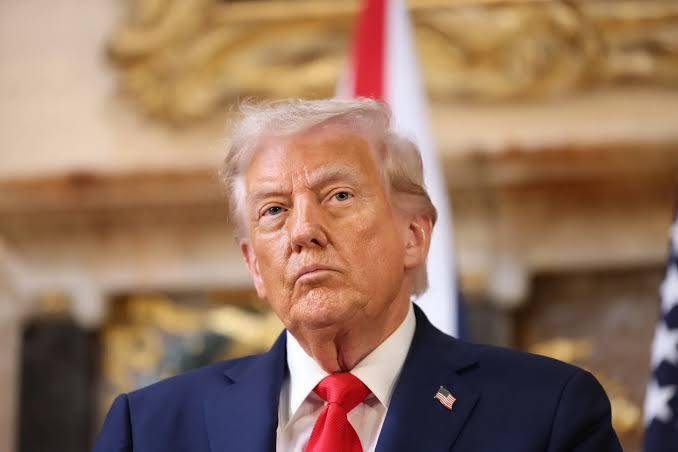She hesitated. The procedure was part of a clinical trial, and she'd heard about a federal freeze on research grants to UCLA. She wanted to know: Would this study be at risk, potentially affecting her care?
Those worries put unnecessary pressure on a patient facing the loss of roughly 2 million nerve cells every minute that treatment was delayed, said Jeffrey Saver, a neurologist and longtime stroke researcher.
"To then have to worry about what's happening with the funding from the federal government is a needless increase in the stress patients are going through," Saver said.
Patients and researchers such as Saver have found themselves caught in the middle as the Trump administration has accused major universities of antisemitism and bias, pulling research funds in an attempt to extract concessions.
Scientists who have spent their lives developing treatments for lung cancer, brain tumors, and Alzheimer's disease say scientific funding should not be politicized — and warn that patients waiting for lifesaving treatments stand to lose the most. They also worry that funding cuts mired in legal challenges could discourage would-be scientists from entering the field, reducing the chances for medical breakthroughs.
"I would have thought that stroke and Alzheimer's disease and all these conditions affect Democrats and Republicans alike and would be supported by everyone," Saver said. "The reasons for the suspension don't seem to tie into the work we're doing."
In July, the National Institutes of Health, the National Science Foundation, and the Energy Department froze $584 million in medical and science research grants to UCLA after the Justice Department said the university had violated the civil rights of Jewish students during pro-Palestinian protests. The Trump administration proposed a settlement that would require UCLA to pay a $1.2 billion fine and overhaul campus policies on admissions, hiring, and gender-affirming health care to reinstate the grants.
Yet the federal government plays a crucial role in funding lifesaving research that industry has little incentive to back. Saver said treatment discoveries made in the past 15 years have been "transformative" for stroke care. To keep eight clinical trials afloat, Saver said, he and other neurology department faculty members sought outside funding and agreed to salary cuts. But they were close to running out before federal funds were restored.
In the ER, doctors told the stroke patient not to worry. Given the need to study her particular symptoms, they tapped a pot of private donations to cover the procedure. She enrolled and was treated.
Gov. Gavin Newsom, a Democrat who has been challenging President Donald Trump more directly as he builds a national profile, has likened the president's demands to extortion.
And Newsom last week threatened to "instantly" take away state funding from any California university that signs a compact Trump put forth that prioritizes federal research funds to institutions that adhere to the administration's definitions of gender, limit international students, and change admissions policies, among other stipulations. "California will not bankroll schools that sell out their students, professors, researchers, and surrender academic freedom," Newsom said in a statement.
In September, U.S. District Judge Rita Lin of the Northern District of California ordered frozen NIH grants in the state to flow again, folding UCLA researchers into a lawsuit initially brought by researchers from the University of California-Berkeley and UC-San Francisco in June after federal agencies slashed hundreds of millions in grants to UC campuses.
Some private academic institutions have reclaimed their funding by agreeing to pay hefty fines and changing campus policies, including Columbia University, which agreed to pay $200 million, and Brown University, which settled for $50 million. Meanwhile, last month a federal judge ruled that the administration's cancellation of some $2.6 billion in grants to Harvard was illegal.
Still, researchers worry the relief is temporary. Even with the district court's restoration, the case brought by UC researchers is still pending and could ultimately be decided in Trump's favor. The White House has vowed to appeal the ruling to restore Harvard's funding, while heightening scrutiny of the school's finances.
"We haven't seen everything play out yet. Lots of scientists and researchers and people who run labs are circumspect, knowing that the near future could be a bit bumpy," said Jessica Levinson, a constitutional law professor at Loyola Law School. "They should feel like this is a win, but it's possible that it's a short-lived one."
Officials at the U.S. Department of Health and Human Services did not respond to questions about potential harm done to studies while the funds were frozen, or criticisms that they are wrongly politicizing money for potentially lifesaving research.



